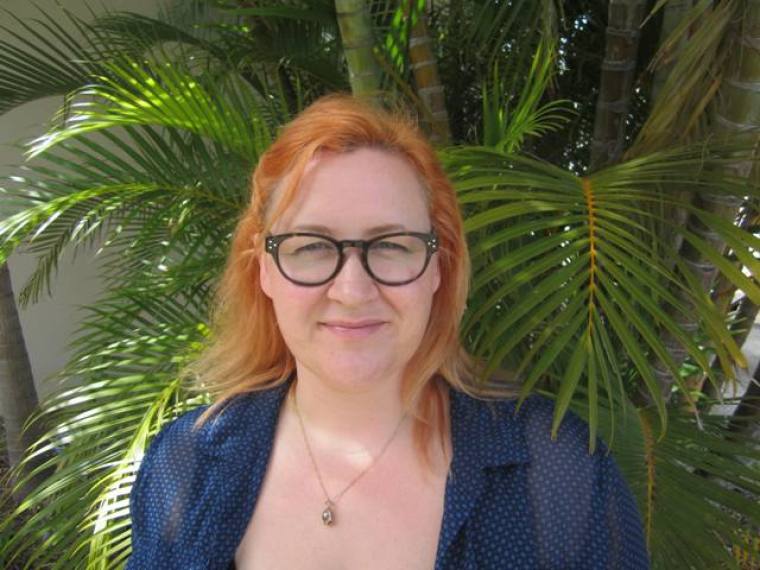

I was performing a song this week with the lyrics, 'I've got a right to be wrong, my mistakes will make me strong'. It gave me pause to think and I wonder if it provokes you to thinking also.
In principle, I agree completely with this statement. I try and pro-actively learn from every situation, particularly the ones that are mistakes. However, once again, it's my experience and observation of life in community, particularly Christian communities; that leads me to believe this philosophy only applies to the little stuff. When it comes to the bigger mistakes, we seem to apply a different set of rules.
Very Little Sins
We don't treat all mistakes in the same way we treat sin or moral issues. It's just another example of how we justify a sliding scale of mistakes to sin to Sin.
Generally, people are forgiving of mistakes on a minor scale. Collectively, Gen-X and Gen-Y have widely accepted a 'fail-forward' mentality. So yes, we encourage people to learn from their mistakes – to be more patient, more forgiving, to be more generous and to serve more where we have been less.
The implication of the lyric and the song is really very clear: if you want to learn from my mistakes and stop making them, you need to support me in the process.
I think we're good at forgiving and supporting people as they learn from their little mistakes. I think we're terrible at forgiving and supporting people as they learn from their big mistakes.
I reckon making a mistake is a bit more like being attached to a bungy cord than sliding down a ladder. When you slide down a ladder, you have to climb all the way back up. Fall or move in the opposite direction from a bungy cord and it will try to snap you back to where you were.
And if churches and communities are like a game of snakes and ladders, the bigger a mistake somebody makes, the further back we seem to send them in the game. A clean slate doesn't mean a start-over, it just means a do-over, from wherever you were.
Think about the last exam you had to take. It might have been a while ago – but the mistakes you made in that test paper didn't eliminate the value of the answers you did get right. Because each question stands in its own stead.
I have to believe that the same applies to our faith expressions and our human experiences. I find it hard to believe (and harder to support in Scripture) the idea of a God who relentlessly sends us back to the start to make us start the climb again.
So will all my mistakes make me stronger?
If my community gives me half a chance, they will. Even the big ones. If we divest our own egos of a sense of human justice and stop sending people back to the start over and over – then maybe it could be true that the harder you fall, the faster you learn.
Mistakes are mistakes. The line between the big ones and the little ones seems to be pretty fuzzy to me. Maybe we should start thinking about we can use them to stretch and grow our faith. The trouble is, the human response to the really big mistakes is attached to shame and guilt. Our first instinct is often to run and hide, rather than face the uncomfortable circumstances. We run and hide from the people we're embarrassed in front of. Sometimes we fling ourselves down to the bottom of the game board again.
I think there's a future coming where God is asking us to change that pattern. I think there is a distinct possibility He's asking us to make the circumstances around the big mistakes far more comfortable and easy to digest, so people stop running.
There are only two things that prevent every mistake, no matter what size, from being an incredible growth opportunity from right where we are, no re-starts required. That's me, and Us. You and I. You and the community you live in. The community and me.
Failure isn't what we want, it's not how we want to live. But it is the gift in disguise for those of us brave enough to fail well.
Tash McGill is a professional writer and communications consultant who has been involved in youth ministry for 15 years, working in local churches as a volunteer and bi-vocational youth pastor. She is passionate about adolescent development, community formation and hospitality.
Tash McGill's previous articles may be viewed at www.pressserviceinternational.org/tash-mcgill.html